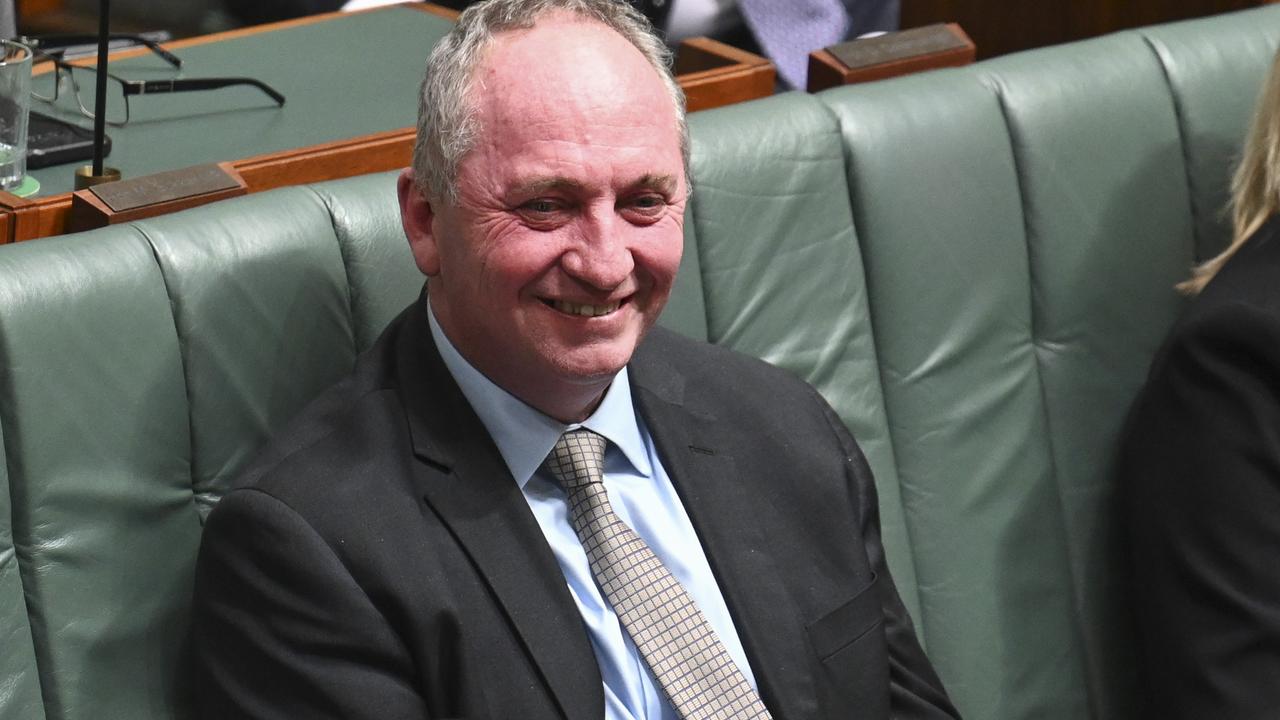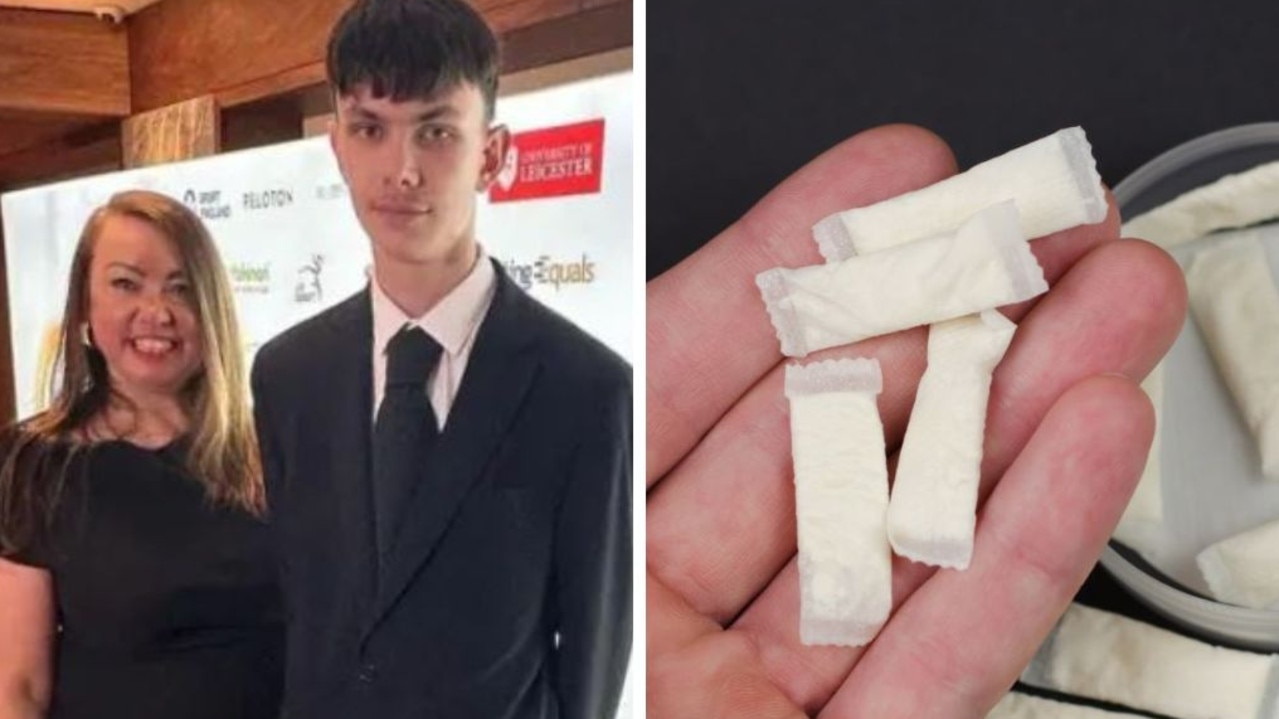Australian doctor Richard Scolyer has cancer win after being told he faced ‘certain death’
Australian man Richard Scolyer was facing “certain death”. So he did something nobody had ever tried before.

An Australian doctor who was told he faced “certain death” from a brain tumour has had no sign of a cancer recurrence thanks a first-of-its-kind treatment he helped to develop.
Richard Scolyer, a professor at the University of Sydney, was diagnosed with aglioblastoma after suffering a seizure last June.
But the 56-year-old, who has been recognised for his pioneering melanoma research, decided to put himself forward to undergo a world-first experimental treatment.
Now the world-leading pathologist and Australian of the Year has given a remarkable update, stating he is has had a big cancer win.
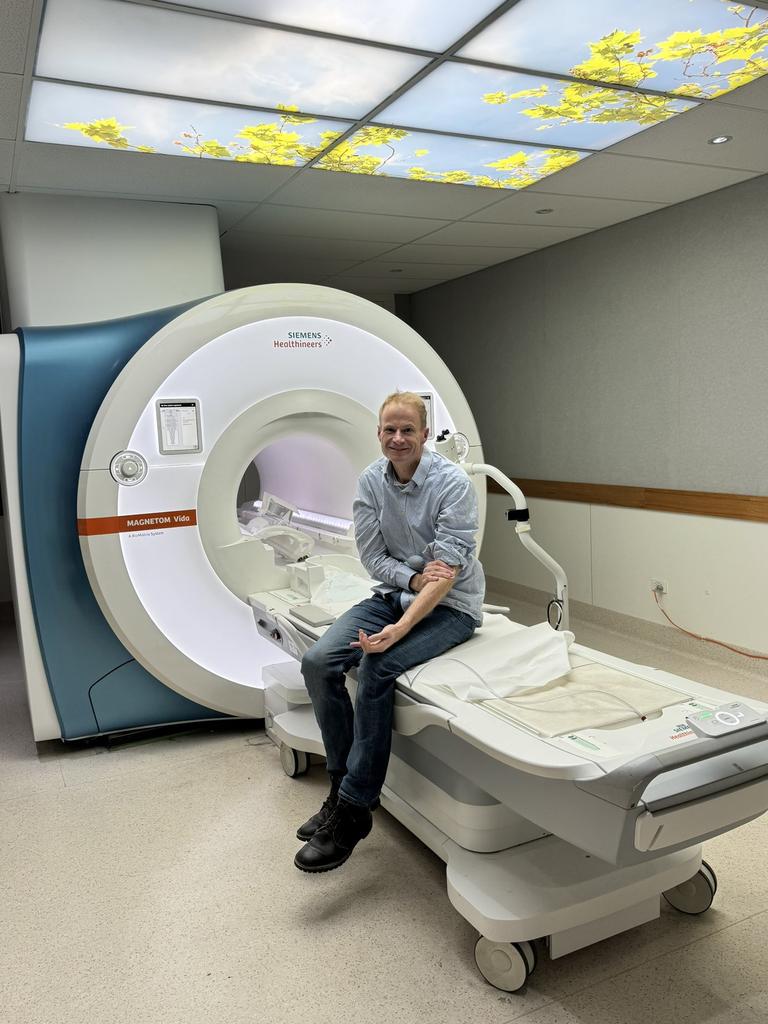
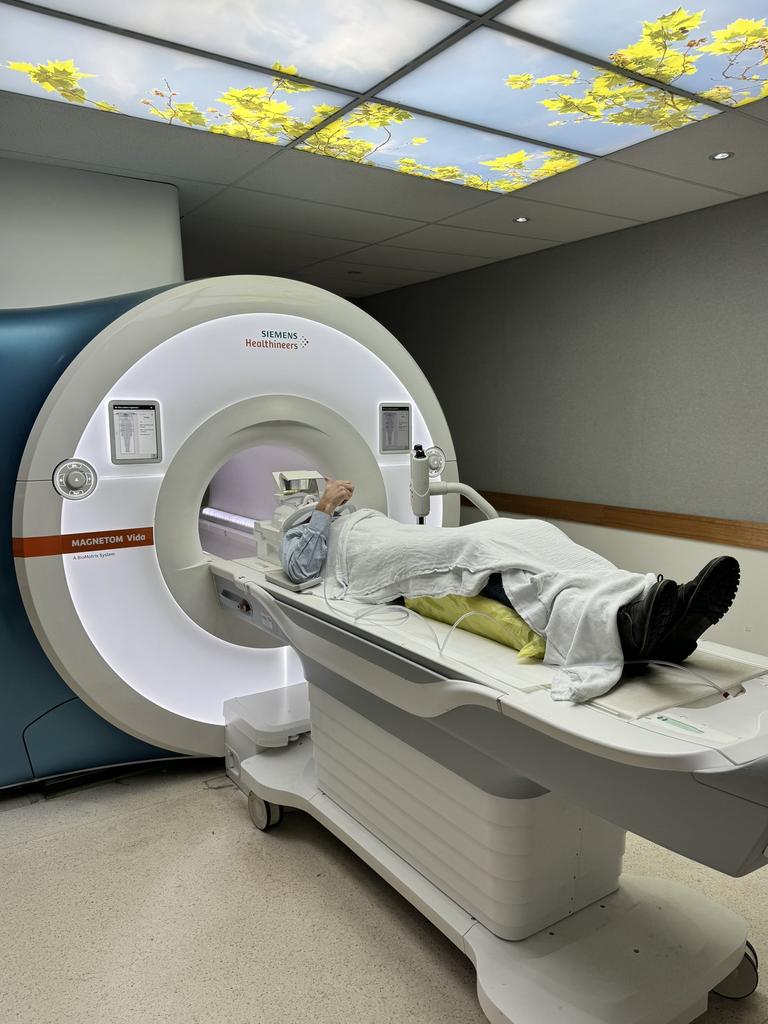
“I had brain #MRI scan last Thursday looking for recurrent #glioblastoma (&/or treatment complications). I found out yesterday that there is still no sign of recurrence. I couldn’t be happier!!!!!” the professor shared on X, formerly known as Twitter.
In May 2023, the professor was travelling through Europe while speaking at several medical conferences, when he suffered a seizure in Poland.
The day before, the ultra-fit Sydney father-of-three was hiking the mountains of southern Poland with his pathologist wife Katie.
“I felt normal. I didn’t have any symptoms at all,” he told A Current Affair earlier this year.
After flying back to Australia and undergoing tests, he was diagnosed with glioblastoma – an aggressive and terminal form of brain cancer that would give him a median of 14 months to live.
The treatment, which had not changed in 18 years, typically involves surgery followed by radiation and chemotherapy.
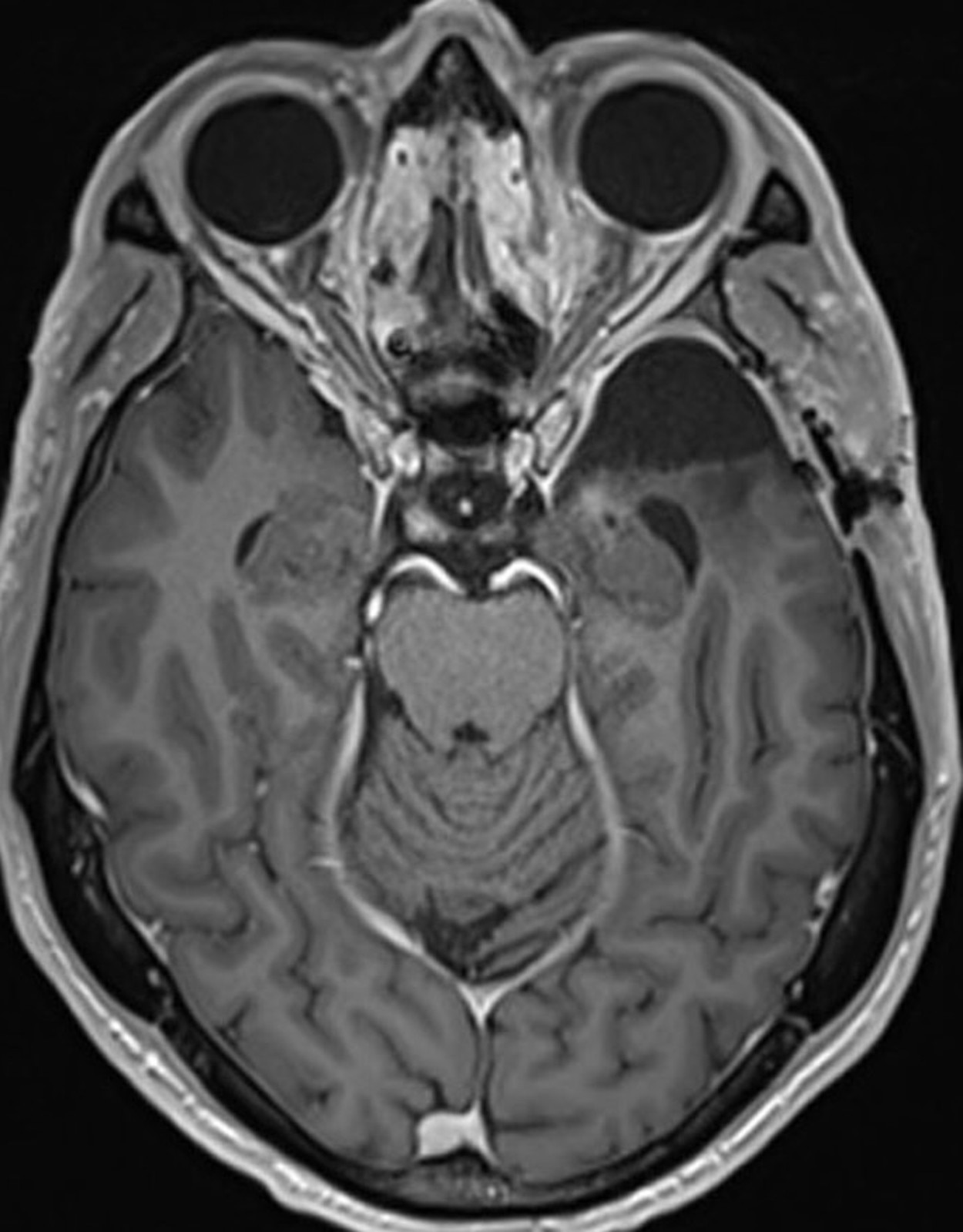
The news turned his life “upside down”.
“Not only is it tough on me but has had a massive impact and made life very difficult for those closest to me,” he shared on social media.
One of many to feel the grief was his friend and medical oncologist Georgina Long, who was jointly named the 2024 NSW Australian of the Year, alongside Professor Scolyer for their lifesaving melanoma work.
After consulting experts, Professor Long decided on combination immunotherapy, which would be delivered before and after surgery to remove the tumour.
He also received six weeks of radiotherapy after surgery and a personalised vaccine to combat the tumour.
“We’ve taken everything, absolutely every bit of knowledge … that we’ve pioneered in melanoma and we’ve thrown it at Richard’s tumour,” Professor Long told Australian Story.
But the world-first treatment came with a risk.
“No one knew what it was going to do, people were nervous because it could actually cause my life to end more quickly. But when you’re faced with certain death, it’s a no-brainer for me,” said Professor Scolyer, who also hoped the treatment would make a difference for other cancer patients.
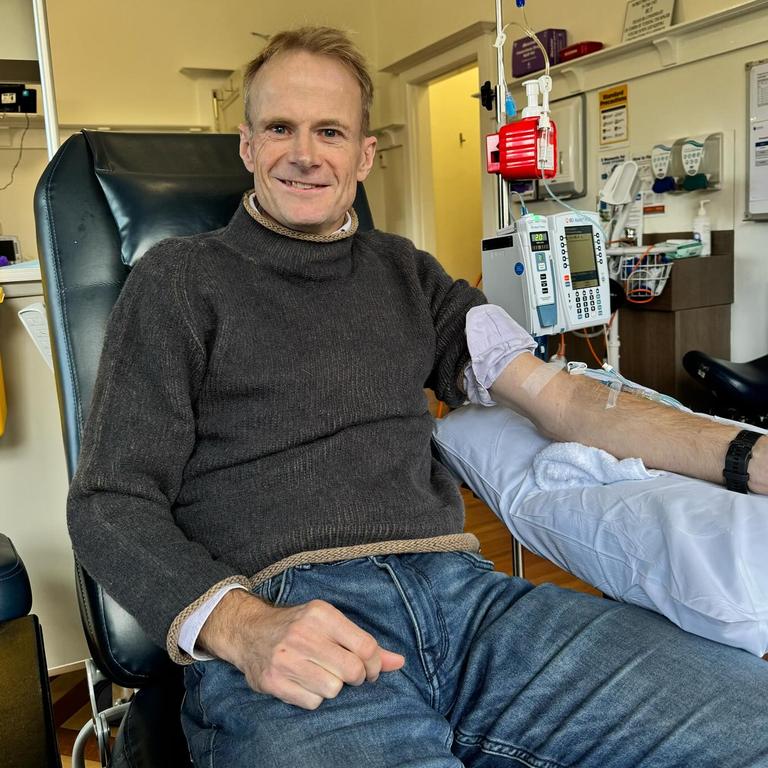
Since undergoing the treatment, Professor Scolyer has documented his journey on social media for the world to see.
In June, he shared his nerves from his hospital bed before he underwent a surgery to remove as much of his tumour as possible.
“I’m in the pre-surgical suite at Royal Prince Alfred hospital where I worked for 25 years,” he said in a video. “I’m anxious and nervous about how it’s going to turn out but I know I’m in great hands.”
Early results from the treatment were positive, showing the number of immune cells had increased 10 fold, he said shortly after.
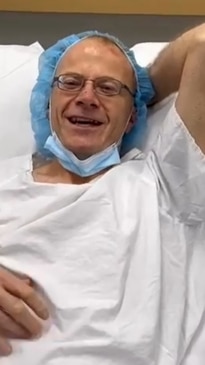
Last month, Professor Scolyer updated followers on social media again, stating this time his tumour had not returned 10 months since his diagnosis.
“Fantastic news!” he wrote on Facebook.
“Amazingly, my latest MRI brain scan shows no recurrence 10 months since my glioblastoma presented with a seizure in Poland.”
“I’m extremely hopeful that the novel neoadjuvant combination immunotherapy I’ve had and the scientific changes we demonstrated in my tumour post versus pre immunotherapy are being translated into clinical benefit!”
Speaking to ABC’s Australian Story at the time, Professor Scolyer said he was “blown away” by the results.
“This is not what I expected. The average time to recurrence for the nasty type of brain cancer I’ve got is six months. So, to be out this far is amazing,” he told the outlet.
While the results are incredible, Professor Scolyer said things haven’t been all smooth sailing.
During his treatment he has suffered a “few issues” including inflammation and swelling of the lining of the nasal cavity and an upper respiratory infection.



